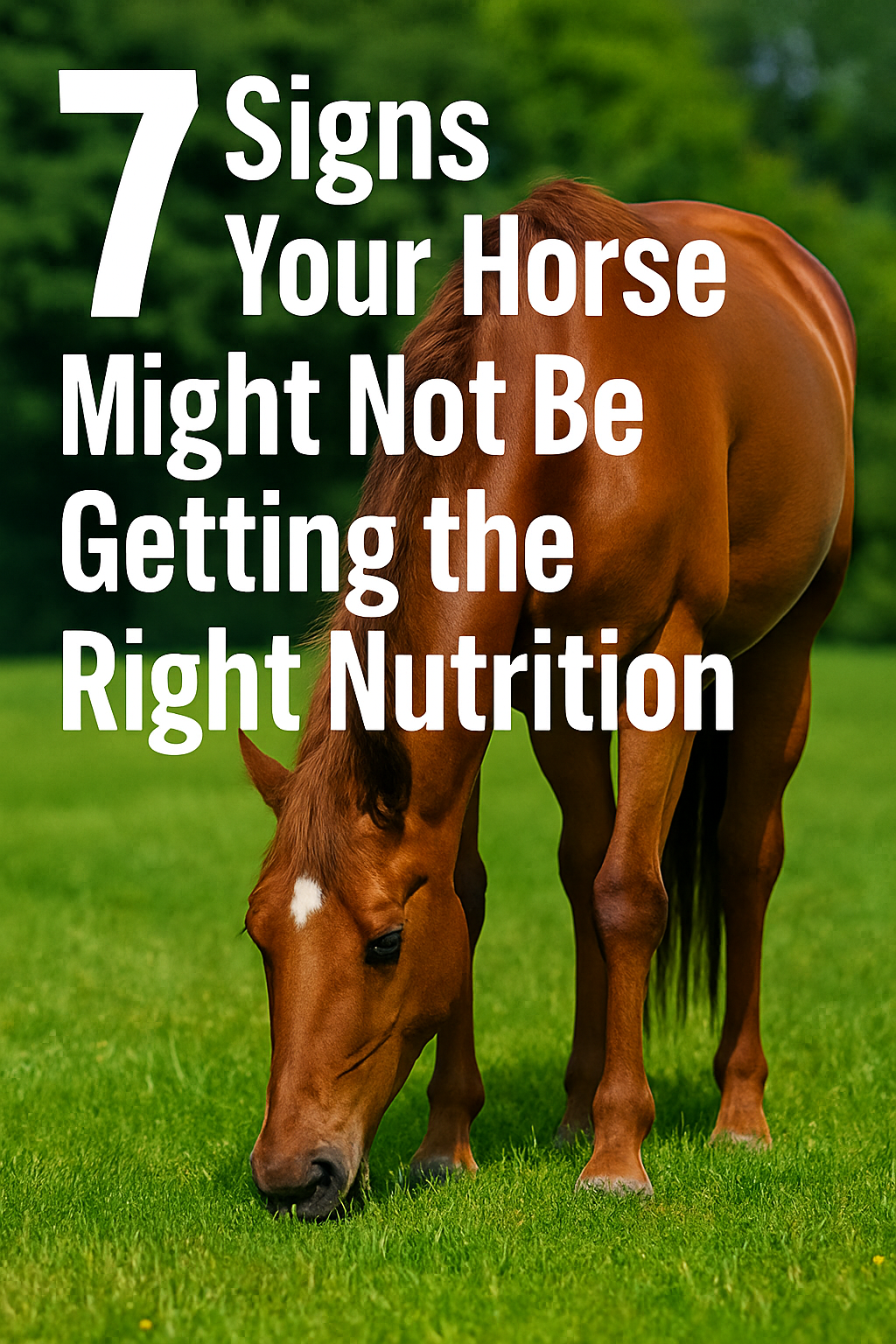7. Slow Recovery After Exercise
Does your horse take longer than expected to bounce back after a ride? Are they sore for days or slow to cool out? Recovery issues can stem from many places, but an inadequate or unbalanced diet is often a contributing factor.
Without the right blend of calories, electrolytes, and antioxidants, the body struggles to recover efficiently. Horses in work—especially in heat—need more than just hay and water. Tailoring nutrition to their workload can prevent long-term wear and tear and improve post-exercise comfort.
When to Talk to a Professional
If you’re noticing one or more of these signs, the next best step isn’t guessing—it’s getting a feed analysis or consulting a qualified equine nutritionist or veterinarian. Many feed companies offer free consultations, and your vet can help identify whether a physical issue (like ulcers or dental wear) is affecting feed absorption.
Remember, horses are individuals. What works well for one may not suit another. Age, breed, activity level, and access to pasture all influence what “balanced nutrition” looks like.
Final Thoughts
Horses don’t have the ability to tell us when something’s wrong. But they do show us—through their coats, energy levels, behavior, and condition. The key is learning to see these clues not as isolated issues, but as part of the bigger picture of equine health.
When you get nutrition right, everything else becomes easier. Training progresses faster. Vet visits decrease. And your horse simply feels better.
It’s not about feeding more—it’s about feeding smarter.


Leave a Reply